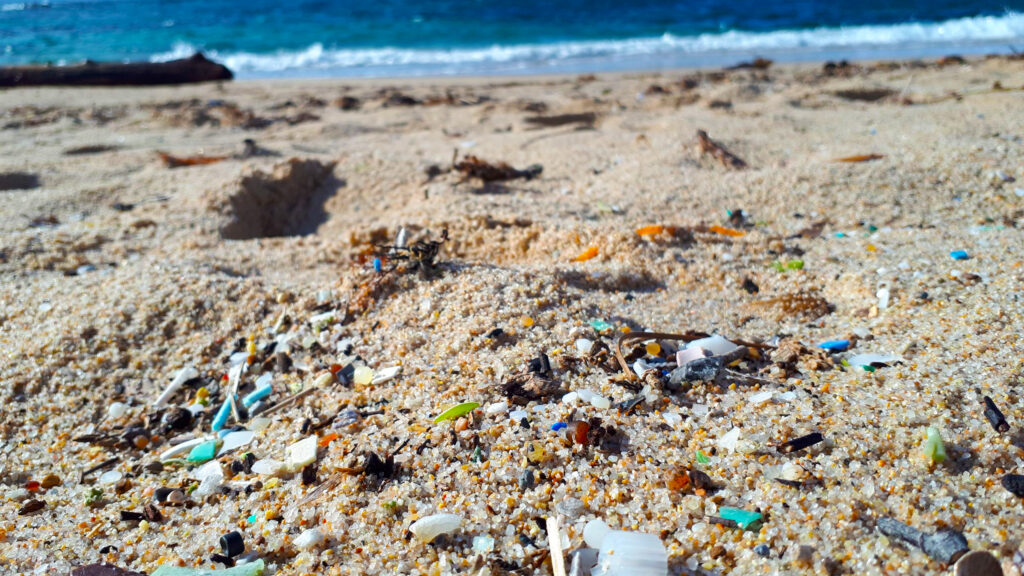In a significant step towards safeguarding the health of both our planet and its inhabitants, the European Commission adopted the EU Action Plan: Towards Zero Pollution for Air, Water, and Soil in 2021. This ambitious plan aims to reduce pollution levels to a point where they are no longer harmful to human health and natural ecosystems, creating a toxic-free environment. In line with this vision, the SOS-ZEROPOL2030 report titled ‘The EU Zero Pollution Ambition‘ sheds light on the efforts made by Member States to assess and improve the environmental status of European waters.
The Horizon Europe SOS-ZEROPOL2030 project, in which MIO-ECSDE plays a pivotal role as a key partner, focuses on priority pollutants that pose significant risks to our environment. These include nutrients, per- and polyfluoroalkyl Substances (PFASs), microplastics, and underwater noise. The report not only highlights these pollutants but also presents associated policy targets and objectives for 2030-2050, outlining the desired environmental status for EU waters.
The report acknowledges the challenges associated with achieving the 2030 Zero Pollution targets for these pollutants. While some targets are deemed “challenging,” others are considered “unfeasible” due to various factors such as data limitations, lack of baselines, or incomplete source mapping.
One of the report’s key findings is the disparity in policy milestones for the four priority pollutants. While underwater noise and nutrients have been addressed since the 1980s, PFASs and microplastics gained attention only in 2007 and 2021, respectively. Furthermore, the level at which these pollutants are addressed varies. PFASs are primarily regulated at the EU level, while microplastics are more globally regulated. Nutrient issues receive less global attention, but underwater noise is addressed to a higher degree at the regional seas level compared to other pollutants.
Building on the report’s insights and results, specific measures have been identified as stepping stones to enhance and propel the EU’s marine pollution policies. These steps are designed to expedite progress towards environmental and management objectives. They are categorized into distinct groups, including the establishment of clear scope and targets, utilizing scientific advice as knowledge for policy-making, adopting inclusive policy design and implementation involving stakeholders, conducting policy evaluation and learning, and fostering global cooperation while sharing best practices.
The report recognizes the complexity and challenges associated with addressing marine pollution. Pollution in our seas stems from multiple human activities and diverse sources, making it a transboundary problem that travels across vast distances. Taking an integrated approach is crucial in order to address the complexity of marine pollution, identify entry points for tackling challenges, and establish targeted policy approaches.
The full report is available via the link below:
Read in French here

